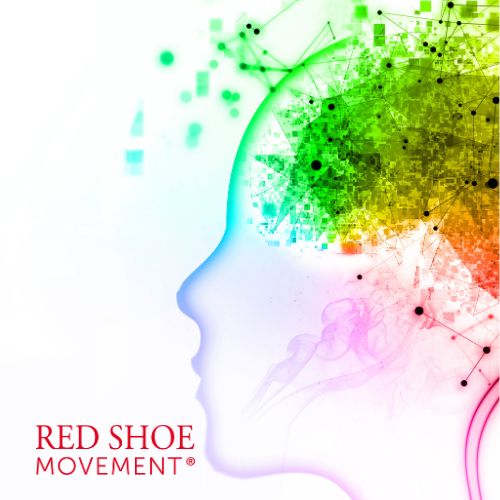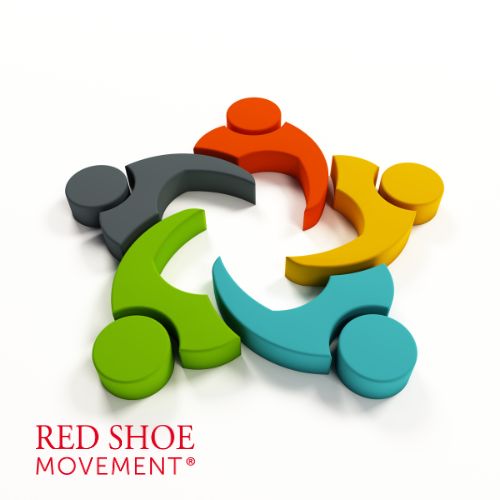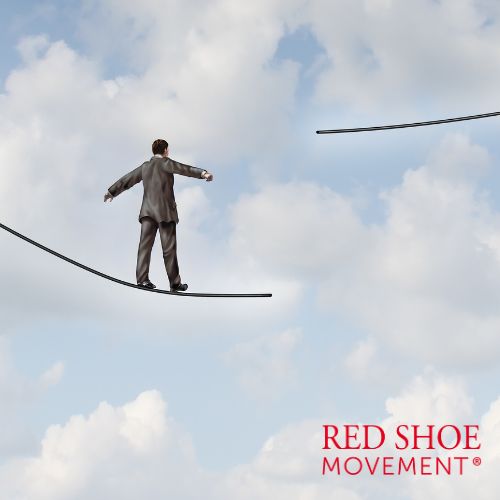For too long, we’ve been taught that leadership equals control. The more decisions you make, the more power you hold. The more power you hold, the stronger your leadership appears. But in today’s workplace—fast-changing, diverse, global— the real power comes from knowing when to share your decision-making, and how to listen to your teams.
The Trust Dividend
When leaders redistribute authority—inviting their teams to step into decision-making, strategy, and innovation—they send a powerful message: I trust you. And trust is a two-way street with the incredible ability to multiply. Employees rise to the occasion, performance skyrockets, and teams start thinking like intrapreneurs, showing initiative and ownership.
Think of it like this: Instead of weakening your grip on outcomes, when you share power you strengthen your influence and make everyone in the organization feel that their insights, skills and wisdom is highly appreciated. People rally behind leaders who foster self-empowerment, with much more enthusiasm than to those who micromanage them.

The Visibility Equation
Here’s the paradox: the more you let others shine, the more visible your leadership becomes. It goes like this: A leader who constantly craves credit shrinks in the eyes of their team. They feel that they do all the work, often come up with the best ideas, and yet, they get none of the credit. Whereas a leader who amplifies others’ voices becomes the one everyone trusts to guide them.
By creating space for others to grow, by making everyone feel heard, seen and valued, you carve a reputation for confidence, foresight, and resilience—all qualities large organizations need to have at the top.
Mutual Mentoring at the Center
Organizations that practice the Red Shoe Movement’s Peer Leadership Circles based on our Mutual Mentoring methodology, quickly see the results. When leaders are part of a circle, rather than a pyramid, when they are humble enough to ask questions and to be schooled on subjects they are not experts on, when they are ready to not be the smartest person in the room or the one with all the answers, magic happens. People start sharing their lived experiences, their knowledge, their points of view, and the best ideas rise to the surface. The level of self-empowerment that takes place is often unprecedented in a workplace.
When Sharing Feels Risky
Of course, sharing authority can make people feel insecure. What if someone makes a mistake? What if they outshine you? The truth is that mistakes are inevitable, and being outshined is the best sign you’ve done your job well. Actually, it should be what all leaders aspire to: to be bested by the people they lead. Yes, you heard right. The strongest leaders know that their legacy isn’t measured in titles—it’s measured in how many people they’ve lifted along the way.
Keep in mind
Power doesn’t diminish when shared. It expands. Just as the pie doesn’t shrink when you have more women at the top; it gets larger. The paradox of power is simple: when you step back, you step up. When you let others lead, you lead better. And in the process, you transform from being a manager of people to being a creator of leaders.


























































































































































































